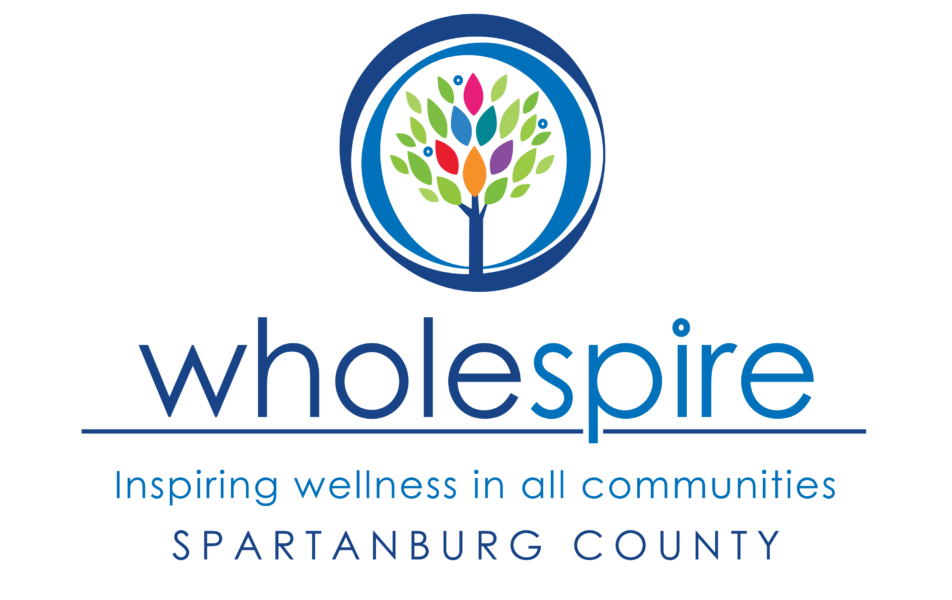Reports

Greenville-Spartanburg Food System Assessment and Plan
This Assessment was conducted to survey the existing local food system and identify gaps and opportunities in five key areas:
1) growing food, 2) processing and distributing food, 3) selling food, 4) accessing food, and 5) handling food waste.
The Assessment is intended to serve as a guide for future development of Greenville County’s food and farm infrastructure, including further research and analysis, and to catalyze the creation and maintenance of a countywide food policy council. The Assessment was funded through the U.S. Department of Agriculture’s (USDA) Local Food Promotion Program and produced in partnership with the Spartanburg Food System Coalition.

Spartanburg County Community Health Needs Assessment
In 2019, the Spartanburg Road to Better Health Advisory Board, with assistance from the Metropolitan Studies Institute at USC Upstate, completed the Spartanburg County Community Health Needs Assessment. This Community Health Needs Assessment helps to tell the story of the current state of health and quality of life in our communities. With this important information, health professionals from across the community will design a plan to provide important services and resources in the areas of Spartanburg County that need them most.

Body Mass Index Reports
Since 2012, in close partnership with the Spartanburg school districts, SCDHEC, and Partners for Active Living, Wholespire Spartanburg County publishes a Body Mass Index (BMI) Report of 1st, 3rd, and 5th graders.

Data Walk & Social Determinants of Health
With the support of our Healthy People, Healthy Carolinas Technical Assistance Team, we hosted a Data Walk for our chapter in September 2019. Below is the data that was presented. It focuses on obesity, food access, and physical activity opportunities, and it also gives a fuller picture of other social determinants of health. According to the World Health Organization, “The social determinants of health are the conditions in which people are born, grow, live, work and age. These circumstances are shaped by the distribution of money, power, and resources at global, national, and local levels. The social determinants of health are mostly responsible for health inequities – the unfair and avoidable differences in health status seen within and between countries.”
We ground our work in data, relationships, and readiness. While this data paints a disheartening picture, our community is aware of the situation and is working hard every day to improve our community’s social determinants of health.
